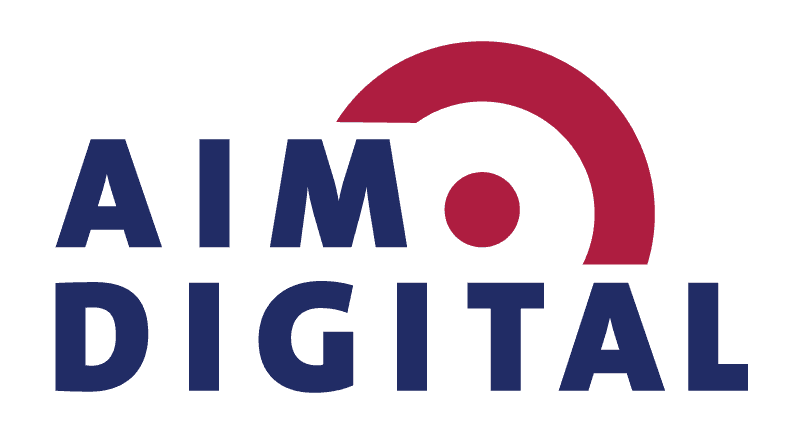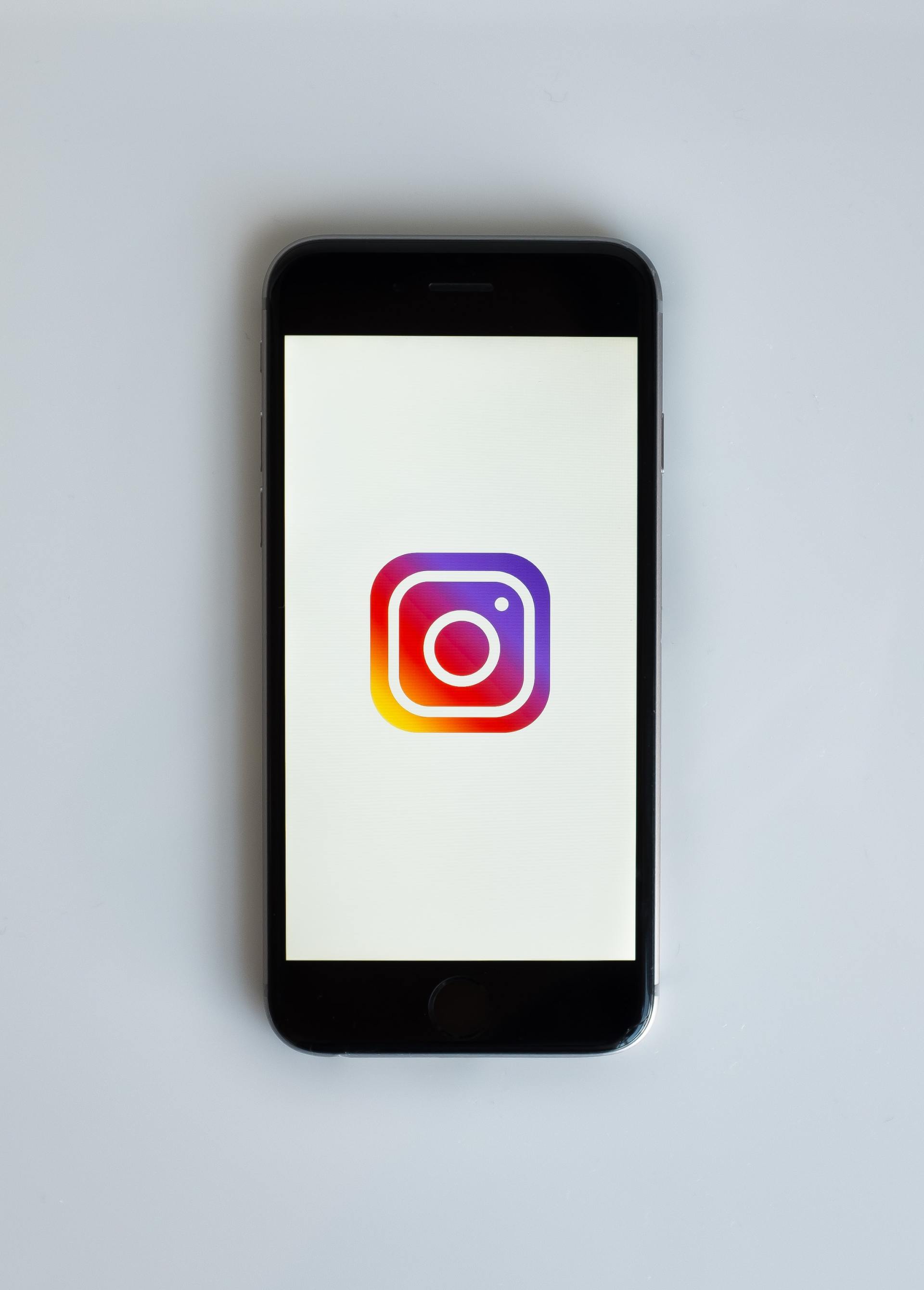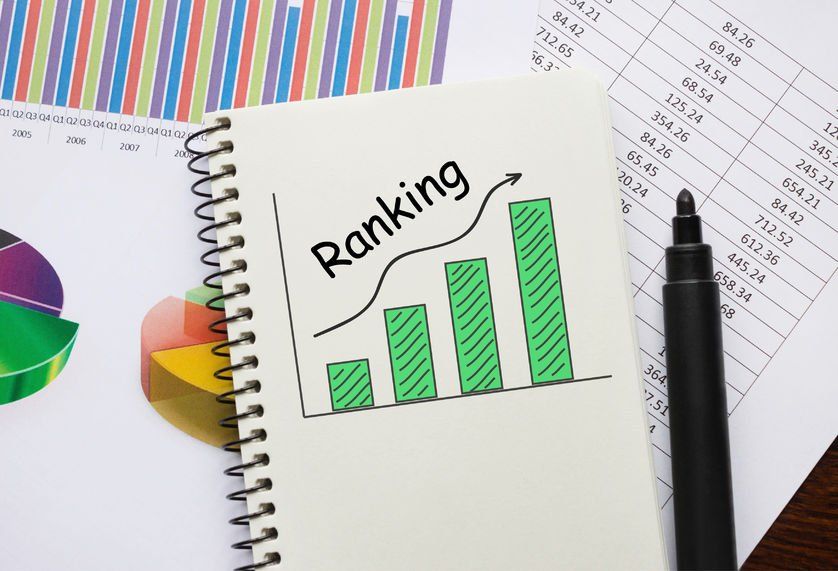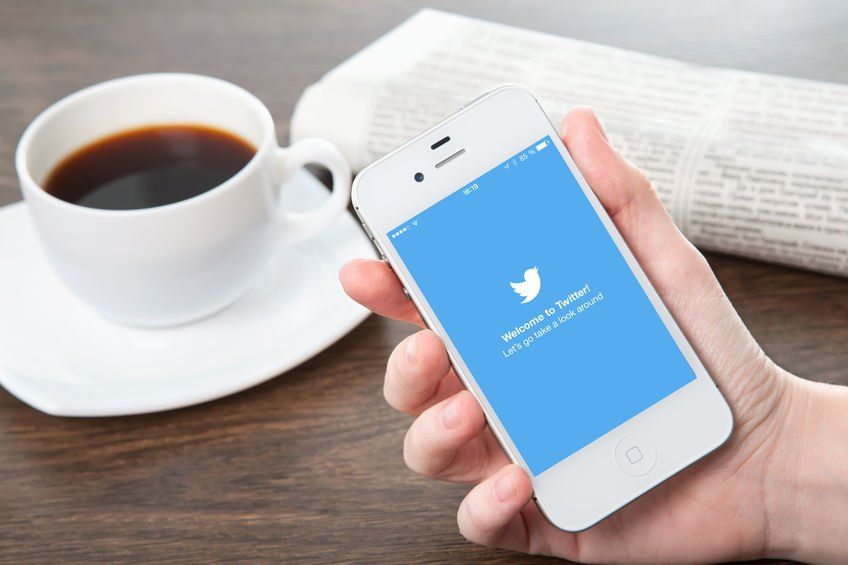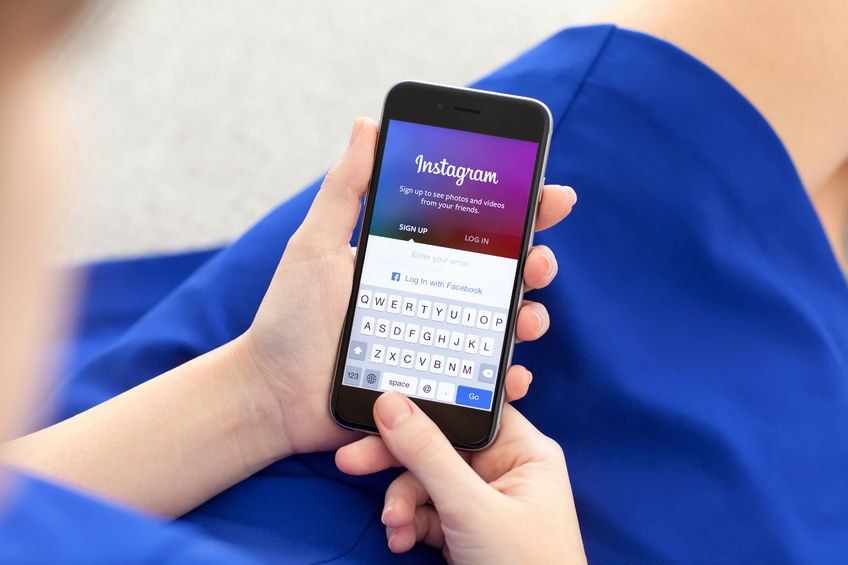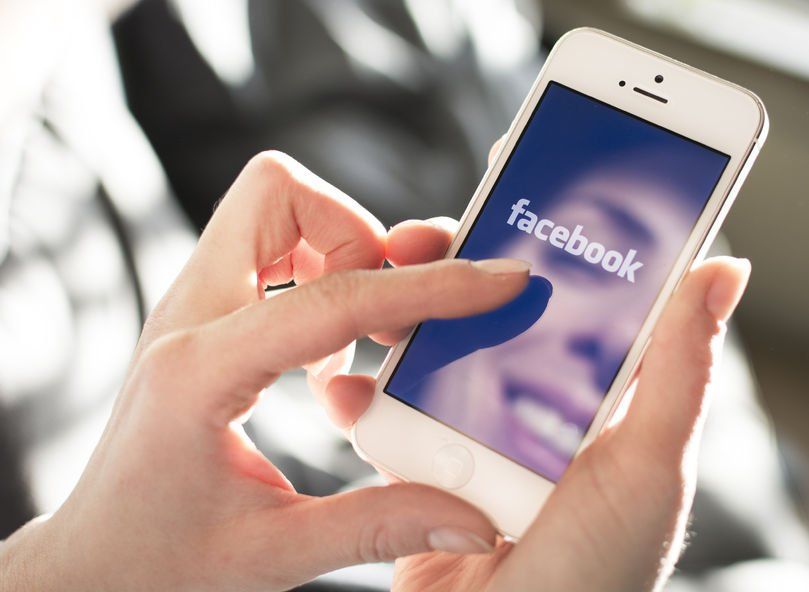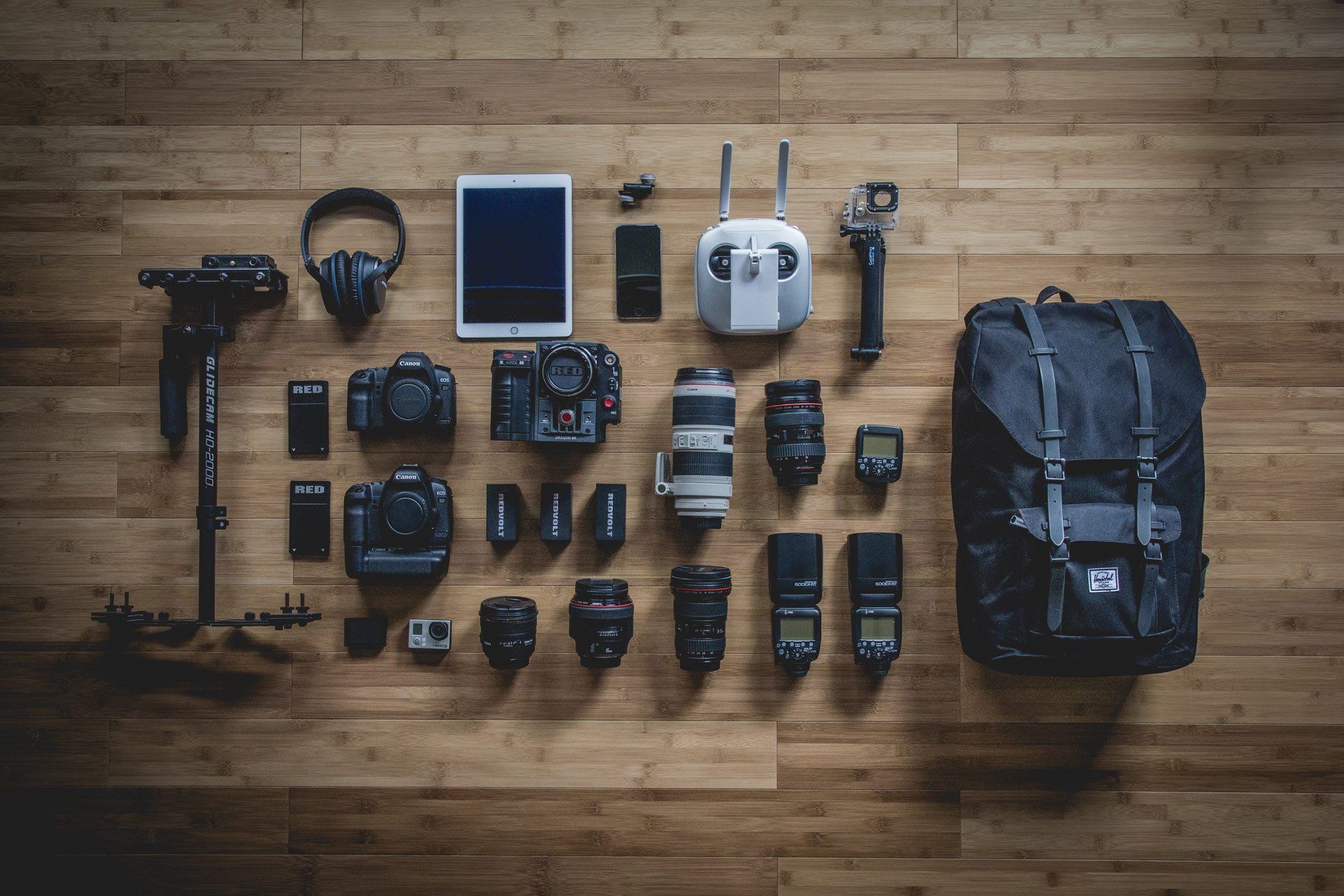By Deborah Janz
•
09 Jul, 2020
Having good search rankings is just as important is getting a line of customers into your business. If you aren’t familiar with how social media can impact your search rankings, read on. What Search Engines Are Looking For First, you have to understand what search engines are looking for, so you can see how social media is affecting search results. For instance, the authority of your tweets, how many +1s your URL receives, how many Facebook Likes and shares your URL gets and how many tweets and retweets your URL obtains. Each and every time someone in social media mentions your local business, it helps to boost your search rankings. How large your following is as well as and how much engagement your social posts receive also play a role in this. Here’s an example: Luigi’s Italian Restaurant in New York City got a tweet from a local newspaper about its delicious dishes. That tweet was then favorited 400 times and retweeted 50 times. Both the newspaper’s and Luigi’s Twitter handle get activity for this. Then because Luigi’s had their URL linked to their account on Twitter, their Web site was able to get a higher ranking on search engines. How this Can Help Local Businesses Engagement on social media networks can help boost your rankings even for keywords that are otherwise difficult to rank highly for (those that general). However, it works best with those that have low competition. So if the keyword that is getting social media buzz is “Italian food”, you could end up ranking high for that keyword. Local businesses can take advantage of this because it helps them to boost their business’s search ranks for those general, yet necessary keywords. Whenever you share content, make sure that you include low competition keywords like “Authentic Italian food in New York”, so when it gets social buzz, it can boost your rankings in search engines. The more content you share from your Web site on social media, the better your site will rank, which means more traffic being generated for your Web site. How to Optimize Your SEO Before you begin your SEO social media campaign, you should check out how you’re doing thus far. You can check this by going to LocalVox, which is a free tool. Make sure you know which keywords are the top ones you should be ranking for. You can use LocalCast, which is an SEO tool to help you track your ranking and find keywords you can use to optimize your Web site and social media posts. A Deeper Understanding of Your Social Signals and their Impact So you know that the more action you get on social media, the better your search ranks become. Now, let’s look into how exactly this works for the different social media networks: Google+: This is still in its early stages compared to the likes of Twitter and Facebook, but it has been having a great impact on social content. The way it works is, the more +1s you get, the better. You should aim to get +1s for your brand profile, Web site and social media posts. When your brand page gets a lot of +1s, it gives you more authority, which helps to raise the ranks of your future content. Your authority is also determined by how many followers you have and how much your content is being shared. Your social media strategy should have a method for generating more and more +1s over time. It’s important to focus on being in a network of people who have great profiles, because who you know can help establish your voice. Facebook: There are over 900 million people using Facebook, making it the ideal platform to use for boosting your search rankings. There are studies that show that Facebook actually has more influence over your search rankings than Twitter or Google+ (something to keep in mind). So the more shares and likes your posts receive, the better your rankings will do. The amount of comments you receive also helps — in fact, when you get a lot of likes, shares and comments, it boosts your rankings significantly. Twitter: With about 500 million users, Twitter posts boost rankings when tweets have authority, versus amount. The factors that can help you with your search rankings include the authority of your followers, mentions and retweets; how many followers, mentions and retweets you have; and the speed and intensity of your tweets and retweets over time. There are other social media sites you can use, like Pinterest, StumbleUpon, Reddit, FourSquare and Digg. These are the factors that play a role in getting ranked higher using these sites: Pinterest: How many pins, re-pins and comments you receive, and the growth rate of those pins and re-pins. FourSquare: How many check-ins and the spread rate of those check-ins. Reddit, Digg and StumbleUpon: How many upvotes and comments you receive. Link Building Using Social Media Link building isn’t a new concept and is just as valuable today as it was 10 years ago. However, it has been made much easier to achieve thanks to social media networks. In the past, people would try link building using black hat tactics, like leaving spammy comments on forums and blogs. Today, you can implement link building into your social media strategy. For instance, you can include links to valuable content from your blog in the social media posts you submit. Boost Your Rankings on Google by Using Social Media There are many benefits that local businesses can receive from social media accounts. They are able to become an authority, gain a bigger following, network with influencers and boost incoming traffic using link building and organic search results. Social media has a grand effect on the way we do business today and if you leverage it the right way, you can steadily grow the customer base for your local business. If you aren't getting the results you want with your social media presence, let's chat. Contact Rod, your AIM.digital representative
